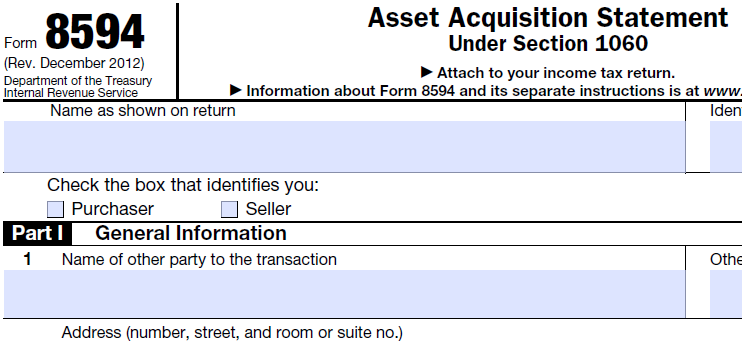IowaBiz The REIT way to reduce taxes
Post on: 11 Август, 2015 No Comment

The REIT way to reduce taxes?
May 3, 2013
Some entreprenuer friends got excited when The New York Times ran Restyled as Real Estate Trusts, Varied Businesses Avoid Taxes .  A sample:
A small but growing number of American corporations, operating in businesses as diverse as private prisons, billboards and casinos, are making an aggressive move to reduce — or even eliminate — their federal tax bills. They are declaring that they are not ordinary corporations at all. Instead, they say, they are something else: special trusts that are typically exempt from paying federal taxes.
The trust structure has been around for years but, until recently, it was generally used only by funds holding real estate. Now, the likes of the Corrections Corporation of America, which owns and operates 44 prisons and detention centers across the nation, have quietly received permission from the IRS to put on new corporate clothes and, as a result, save many millions on taxes.
Changing from a standard corporation to a real estate investment trust, or REIT — a designation signed into law by President Dwight D. Eisenhower — has suddenly become a hot corporate trend.
So is your tax advisor failing to tell you about a great new way for your business to avoid taxes? Probably not.
Real Estate Investment Trusts are nice for those who can use them. They get to deduct earnings they pay out to their owners as dividends, avoiding the double-tax that applies to most C corporations. The distributions qualify for the lower 23.8% top rate on dividends for the recipients, instead of the top 43.4% rate on individual rental income. 
Sadly, they probably arent for you. First, they only work if you have the right kind of income. This limits mostly passive real estate or real estate mortgages; other assets have to be in a taxable non-REIT entity. Some entities can make this work by dividing up their assets between the REIT and the taxable entity, but it doesnt fit everybody.

A bigger obstacle may be the ownership restrictions.  A corporation requires at least 100 shareholders to elect REIT status. So you can get around that if you have 99 close friends who are willing to own token shares, right?  
Wrong. You dont qualify as a REIT if five or fewer shareholders own more than 50% of the REIT.  Whats more, attribution rules add the shares of related owners together, so you cant get around that by giving ownership to, say, your kids.
Who can use a REIT?  A corporation with a wide ownership base and a lot of real-estate related assets. REITS with Des Moines connections include General Growth Properties and Macerich. led by Des Moines native Arthur Coppola. Owners of smaller real estate businesses can sometimes get REIT benefits through an UPREIT partnership with an existing REIT. But for most entrepreneurs, REIT status is unavailable. Thats a shame; if I had my way, all corporations would be taxed like REITs.
May 03, 2013 | Permalink














